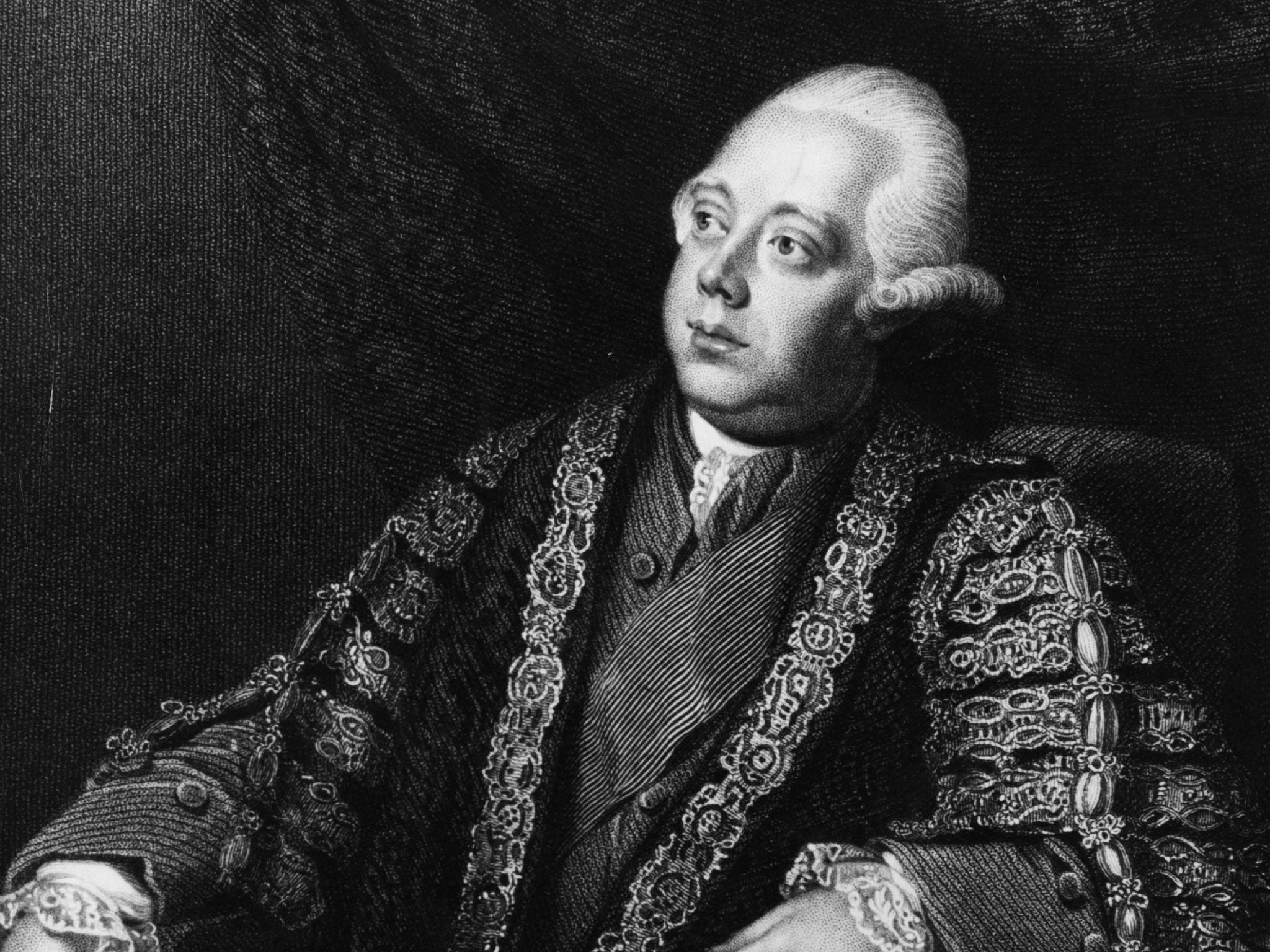Syria crisis: It’s usually the MPs who are gung-ho for going to war...
David Cameron is the first PM blocked by the legislature from embarking on a military adventure

There is no precedent in British history for Parliament preventing a Prime Minister from going to war. For Parliament even to want to prevent a war is rare enough: in more cases than not, when war clouds have loomed MPs have been gung-ho for military action – often more so than the ministers who faced the responsibility of sending young men to their deaths.
In the past, they could not avert a war even if they wanted, because the Government did not ask for their permission, but used the royal prerogative to declare, and informed Parliament after the die was cast.
On 3 September 1939, for example, a sombre House of Commons assembled at noon to be told by Neville Chamberlain that the UK had gone to war earlier that morning. There were 11 speeches, no vote, and the session was over in less than an hour.
It was Tony Blair who set the trap that ensnared David Cameron on Thursday night, when he called for a Commons vote before sending British troops into Iraq in 2003. He could take that risk because the opposition leader, Iain Duncan Smith, was wholly onside. Previously, Mr Blair launched a military action in Kosovo without asking Parliament’s permission.
But if Parliament has not previously been able to stop a government from going to war, it has been able to punish those who conduct a war badly. By the beginning of 1782, British Redcoats had suffered a series of defeat in America’s War of Independence. George III’s Tory Prime Minister, Lord North, persisted in believing the colonies could be brought to heel, but on 27 February 1782, General Henry Conway, a Whig MP and hero of the Seven Years’ War war, almost apologetically stood up to propose a resolution that “the further prosecution of the war on the continent of North America for the purpose of reducing the revolted colonies to obedience by force” was “preventing a happy reconciliation” with the Americans, and that only the French stood to gain if it continued.
He was supported by Edmund Burke, one of the greatest orators in parliamentary history, and William Wilberforce and others – but the resolution fell by 194 votes to 193. Nonetheless, the vote brought down Lord North, who resigned in March, and effectively ended the war.
The best-known example of the Commons sacking a war leader was the vote on 8 May 1940 which precipitated Neville Chamberlain’s resignation two days later – but even that assertion of parliamentary power was achieved by an arcane route. Chamberlain did not lose a vote on anything substantive.
Indeed, he did not lose any vote at all. The proposal was that “the House do now adjourn”, which was passed by 281 to 200. Chamberlain took note that 41 government MPs were among the 200 who voted against, and concluded that his time was up.
The Earl of Aberdeen, whose tenure as prime minister was one of the shortest in history, also felt the power of the Commons as reports of the charge of the Light Brigade and other blunders in the Crimean War filtered back. It was the first military campaign to be subjected to on-the-spot journalism, by William Howard Russell of The Times.
In January 1855, the Commons voted by 305-148 to hold an inquiry into the conduct of the campaign. Lord Aberdeen interpreted that as a vote of no confidence, and resigned. In those days, the convention was that if the prime minister could not command a majority in the Commons, he resigned. David Cameron can be thankful that tradition no longer applies.
Subscribe to Independent Premium to bookmark this article
Want to bookmark your favourite articles and stories to read or reference later? Start your Independent Premium subscription today.

Join our commenting forum
Join thought-provoking conversations, follow other Independent readers and see their replies